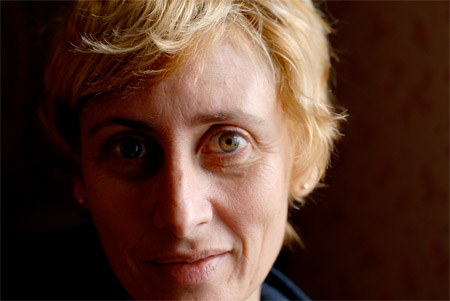Summary
Psycho-Trauma of the Hidden Children. Psychological Aftermaths of the Anti-Semitic Persecutions Among the Jewish Hidden Children in France during WW II.
Psycho-trauma refers to two realities: on the one hand
an objective event and on the other hand a psychological
state. In order to understand what is a trauma and to
be able to cure traumatized patients, it is necessary
to understand the traumatizing event in its historical,
sociological, political and cultural aspects. When treating
hidden children, it is important to know who were these
hidden children during WWII, what was their social and
cultural background, who were their parents and how exactly
did they overcome the different life ruptures during that
period. The evaluation of more than 15 years of work treating
Shoah survivors and their families shows that taking into
account the Jewish identity of the victims as an essential
fact for the therapy offers a better chance for treatment
to be effective. The author in this article gives six
major technical propositions for a better understanding
and treatment of that population.
